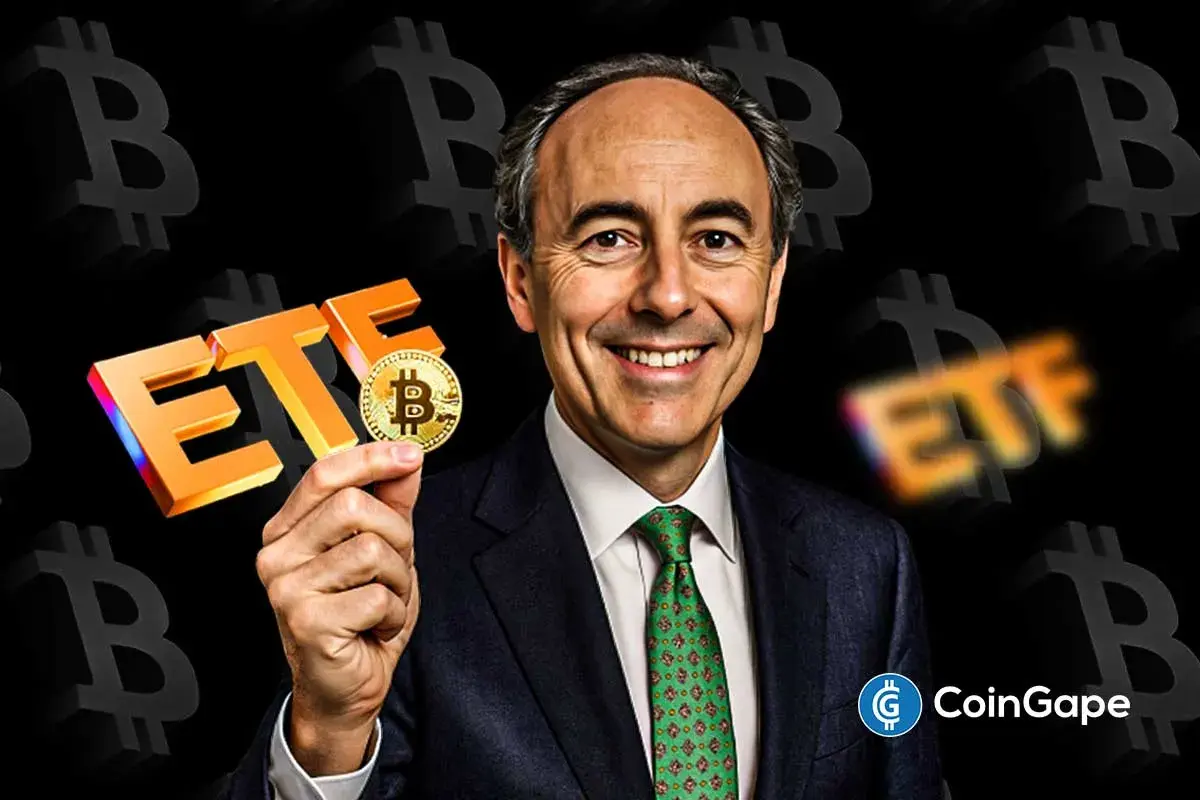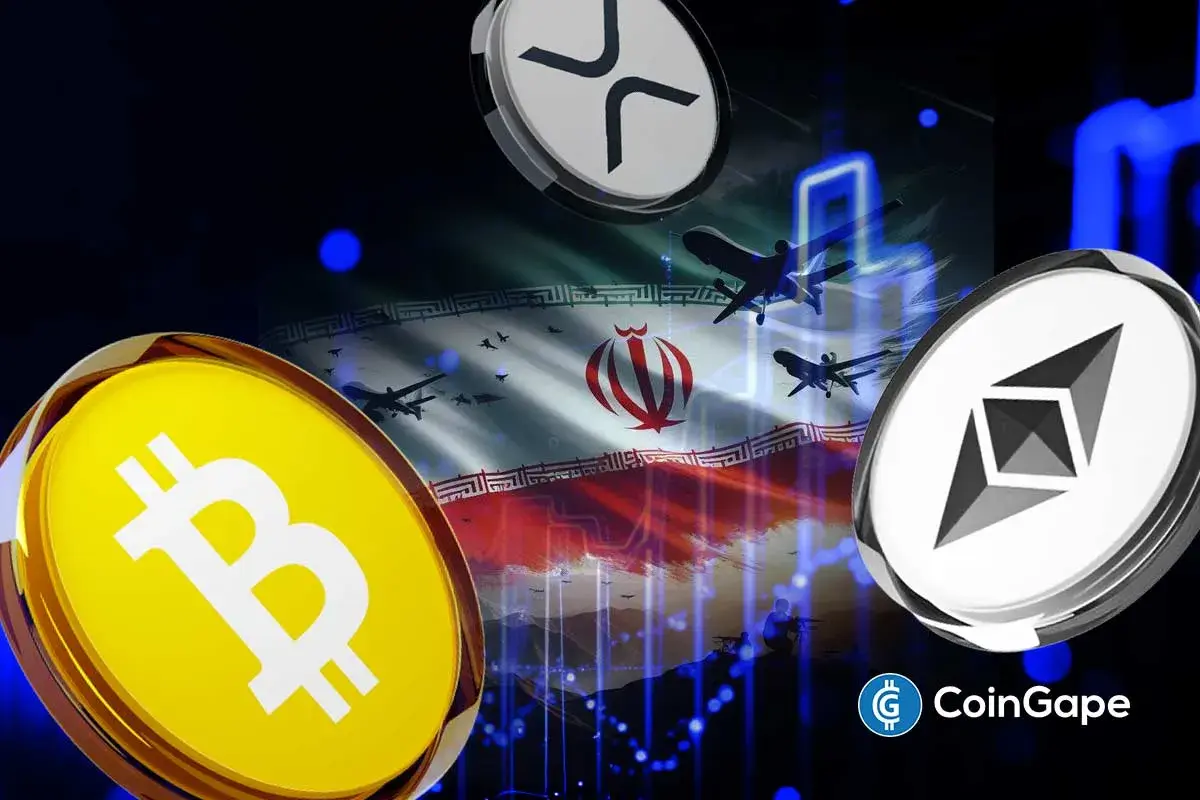Just In: US SEC Meets Jito Labs and Multicoin Capital to Discuss Staking in ETPs

Highlights
- Crypto Task Force explores staking models, signaling a possible shift in regulatory stance.
- SEC reviews Jito Labs’ proposal for staked asset holdings, hinting at evolving crypto regulations.
- Staking in ETPs gains traction as regulators explore investor-friendly staking models.
The U.S. Securities and Exchange Commission (SEC) held a meeting with Jito Labs and Multicoin Capital to discuss the potential inclusion of staking in exchange-traded products (ETPs). This discussion was part of the SEC’s ongoing efforts to establish a clear regulatory framework for cryptocurrency investment products.
US SEC Engages Multiple Firms on Staking in ETPs
According to a recent memorandum, the US SEC’s Crypto Task Force met with Jito Labs and Multicoin Capital on February 5, 2025. The discussion focused on whether staking could be integrated into ETPs and how different staking models might function in these investment products.
Representatives from Jito Labs and Multicoin Capital presented potential solutions for incorporating staking while ensuring investor protections and regulatory compliance.
The meeting comes as the SEC continues to review cryptocurrency investment structures. Previous ETP applications were required to remove staking features, but recent developments indicate that regulators may be open to reconsidering this stance. Bloomberg ETF analyst James Seyffart noted that the SEC’s position on staking could be shifting.
Proposed Models for Staking in ETPs
During the meeting, two possible models for staking in ETPs were discussed. The first model would allow a portion of the assets within an ETP to be staked through service providers that run validators.
This approach would enable investors to earn staking rewards while ensuring that redemptions remain available.
The second model proposed using liquid staking tokens (LSTs), such as JitoSOL for Solana’s SOL. Under this model, the ETP would hold only staked versions of the native asset. This structure could provide liquidity while still allowing participation in staking rewards. Both approaches aim to balance investor returns, asset security, and compliance with regulatory requirements.
SEC’s Changing Approach to Crypto Regulation
The SEC has been adjusting its stance on cryptocurrency regulation since the start of 2025. With a new administration and leadership in place, the agency has taken steps to clarify rules for digital asset investments. The formation of the Crypto Task Force in January 2025 signaled a shift toward engaging with industry participants rather than relying solely on enforcement actions.
This change follows recent regulatory updates, including a proposal by Cboe BZX to allow staking in the 21Shares Core Ethereum ETF. The SEC previously required staking features to be removed from ETP applications, but new filings suggest that the agency may now consider allowing them. The ongoing discussions indicate that regulatory authorities are exploring ways to integrate staking while addressing potential risks.
Subsequently, the outcome of these discussions could impact future ETP applications and the broader cryptocurrency market. If staking is approved as part of ETPs, investors may have new opportunities to participate in staking rewards through regulated investment products. However, regulatory considerations such as security, liquidity, and investor protection will play a crucial role in determining the final structure of these offerings.
Play 10,000+ Casino Games at BC Game with Ease
- Instant Deposits And Withdrawals
- Crypto Casino And Sports Betting
- Exclusive Bonuses And Rewards

- Core Scientific Sells 1,900 BTC as Bitcoin Miner Pivots to AI, CORZ Stock Dips
- Bitcoin News: VanEck CEO Projects Gradual BTC Rally in 2026 as ETFs Sees $458M Inflows
- Bitcoin, Gold Slip as Donald Trump Says “Unlimited Munition Stockpiles” for US-Iran War
- Crypto Prices Today: BTC, ETH, XRP Prices Surge Despite Iran’s Strait of Hormuz Closure
- Nasdaq Brings Prediction Markets to Wall Street with New SEC Filing
- Bitcoin Price Prediction as US-Iran War Enters 4th Consecutive Day
- Top 5 Historical Reasons Dogecoin Price Is Not Rising
- Pi Coin Price Prediction for March 2026 Amid Network Upgrade, KYC Boost, Rewards Distribution
- Gold Price Nears ATH; Silver Eyes $100 Breakout on Us- Iran War
- Bitcoin And XRP Price As US Kills Iran Supreme Leader- Is A Crypto Crash Ahead?
- Gold Price Prediction 2026: Analysts Expect Gold to Reach $6,300 This Year

 Buy $GGs
Buy $GGs

















